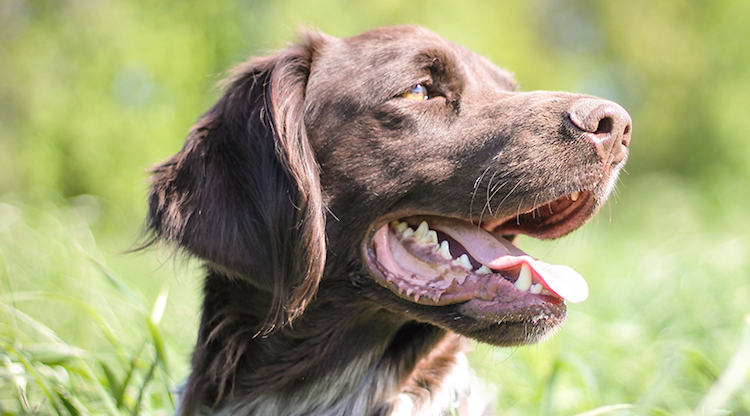- Home
- The Tips & Tricks
- How To Protect Your Pooch This Summer

How To Protect Your Pooch This Summer
With summer approaching, people are considering ways to stay cool from the intense Arizona heat. However, many don’t consider the importance of making sure their pets are staying cool too.
While summer can be a great time to spend time with your furry friend, it can be a dangerous time. The good news is that there are steps you can take to protect your dog from intense sun and heat.
Dogs who have short hair and those that are lighter in color can become sunburnt. They may also develop skin cancer. It is important to know that dogs can use sunscreen just like humans. Not all sunscreens are made equal though. Dogs can become sick if they ingest certain chemicals in the sunscreen.
The Arizona Animal Welfare League recommends using a dog specific sunscreen or a baby sunscreen. Sunscreens should be free from zinc oxide or PABA. Brands with a goopy consistency are usually safe. Products that are thicker are easier to rub past a dog’s fur, and sprays may not make it to the skin.
Trimming your pup’s hair in an attempt to keep him cooler is a bad idea; the fur actually protects dogs from the sun and from overheating. Heatstroke can affect dogs extremely quickly because they don’t sweat like humans. The American Society for the Prevention of Cruelty to Animals recommends limiting walks during the summer and avoid letting your pup on hot asphalt. The hot asphalt can burn their paws and cause them to heat up quickly. One way to test if asphalt it too warm for your dog is to stand barefoot on the asphalt. If it’s too hot for you, it’s too hot for them.
Symptoms of heatstroke in dogs are: excessive panting or drooling while outside, vomiting, and becoming weak and lethargic. If you notice this happening, they may be suffering from heatstroke. If your dog experiences these symptoms, you should cool them down slowly and take them to the veterinarian as soon as possible.
Summer parties can also have risks. Alcoholic drinks discarded on the ground can negatively affect their bodies. Rib bones, grilled chickens, and corn cobs may lodge in a dog’s throat or pierce their esophagus. Even gum can send your dog to the veterinarian. Many chewing gums contain xylitol, and it’s lethal in dogs.
It is also important that a dog should never be left in a hot car. Even a short trip inside the store can be deadly. The same goes for pools. Dogs that are not good swimmers or are not familiar with being around a pool should always be supervised.
